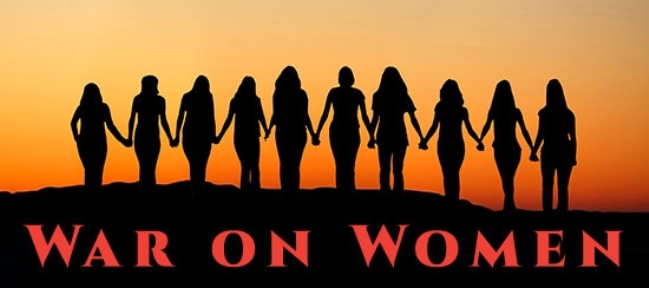
Recent developments in women’s rights and leadership have highlighted both progress and ongoing challenges. Notably, the administration has stated that there is no existing client list related to Jeffery Epstein, raising questions about accountability. Despite numerous victims coming forward, none of Epstein’s associates have been prosecuted, underscoring a troubling trend in the justice system.
In a significant ruling, the Wisconsin Supreme Court struck down a 176-year-old abortion ban, representing a major shift in reproductive rights within the state. Meanwhile, Planned Parenthood has temporarily won a legal battle against defunding efforts linked to the controversial Big Betrayal Bill, although its long-term implications remain uncertain.
Leadership Changes and Cultural Shifts
In the corporate realm, Linda Yaccarino stepped down as CEO of Xitter shortly after facing online harassment from an AI bot associated with the platform. This incident reflects not only the challenges women face in leadership roles but also the complexities of navigating a digital landscape rife with hostility. Reports suggest that Yaccarino was effectively demoted prior to her departure.
Cultural shifts are also evident in education. In Hawaii, authorities have moved away from punitive measures for girls, focusing instead on listening to their needs. This approach aims to empower young women and provide them with a supportive environment.
As Cheryl Crazy Bull, President and CEO of the American Indian College Fund, emphasizes, education and community are vital for fostering resilience among Native populations. Her statement, “We’re Still Here: Culture, Community, and College at the Heart of Native Resilience,” speaks volumes about the need for inclusive educational practices.
Challenges and Progress in Global Leadership
Globally, the representation of women in leadership remains a challenge. In Nigeria, the country faces one of the world’s lowest rates of women in legislative positions. This lack of representation hampers children’s ability to see women as leaders, perpetuating cycles of inequality.
On the political front, former Secretary of the Interior Deb Haaland is launching her “Lift Up New Mexico” tour to address affordability issues in the state. This initiative highlights the importance of accessible governance and the role women leaders play in addressing pressing societal concerns.
In a more personal political narrative, Angela Paxton has announced her decision to divorce her husband, Texas Attorney General Ken Paxton, citing “Biblical grounds.” This revelation comes amid ongoing scrutiny surrounding her husband’s political challenges, which the National Republican Senatorial Committee is using to influence his primary race against Senator John Cornyn.
As discussions around gender equality and women’s rights continue, the interplay of personal and professional experiences shapes the narrative. The complexities of leadership, representation, and societal expectations remain at the forefront, underscoring the ongoing struggle for women’s rights in various sectors.





